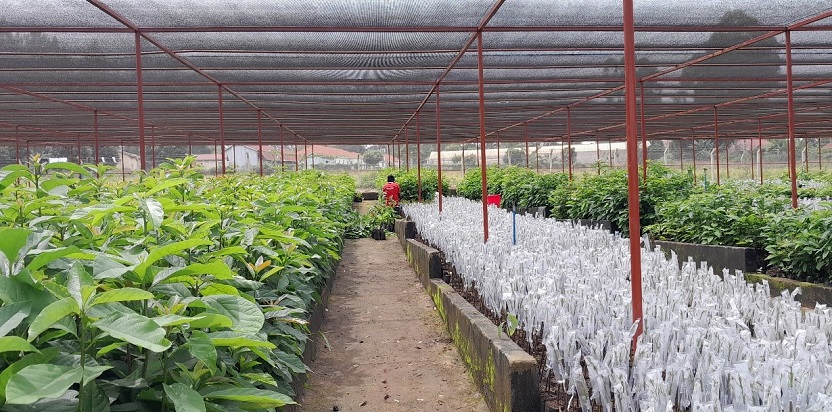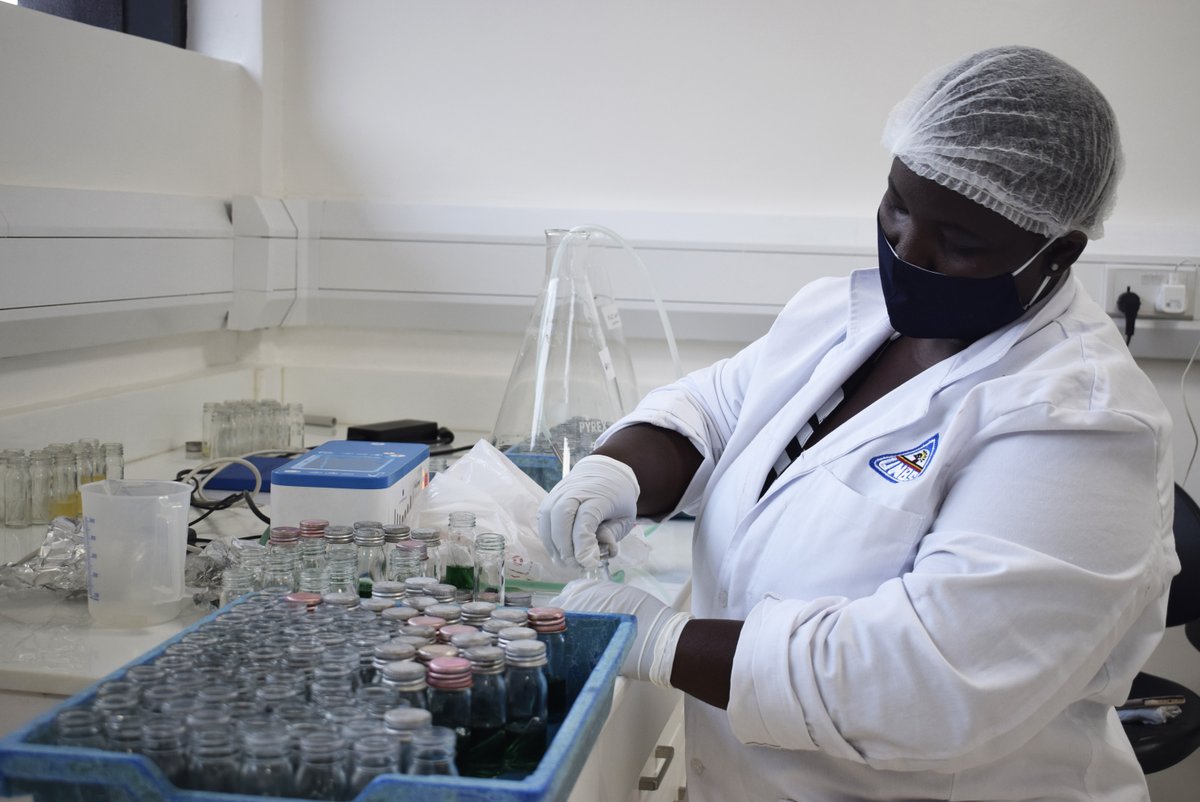Hass ovacado seedlings production
The National Agricultural Research Organisation (NARO) Director General, Dr. Yona Baguma has showcased the release of new crop varieties, saying 2024 will be a year of strengthening cutting-edge research and bolstering sustainable practices in the agriculture sector.
The new crop varieties include Maize 63 Vita, Maize 64STR, Rice WDR 73, Rice KF 20039, NARO spot 6, and NARO spot 17 bean varieties, alongside the NARO Lablab1 pasture variety.
Of particular note was the rice variety, boasting an impressive yield of 10 tons per hectare, marking a significant increase from the previous 5 tons.
Baguma said this surge in productivity presents a golden opportunity for Uganda to double its rice production and curtail import dependency.
“The bean varieties are rich in iron and zinc, which are huge nutritional contributors to breastfeeding mothers and children. The beans are also more resistant to pests and diseases and come with more yields,” said Baguma.
He was on Monday appearing before the Parliamentary Committee on Agriculture, Animal Industry, and Fisheries where they presented and defended the institution’s Budget Framework Paper for the Financial Year 2024/2025.
Food insecurity in Uganda remains stubbornly high.
A World Bank survey conducted in August 2022 showed that food insecurity measured by moderate and severe food insecurity indexes were at very high levels of 48 and 11 percent respectively
Region-wide, the highest levels of food insecurity were observed in the poorest Eastern and Northern regions.
NARO has since successfully tested the growing of wheat and barley in mid-altitude areas and now looks at scaling up the crops among farmers so that local production is enhanced to substitute importation.
In the livestock sector, NARO has successfully developed an anti-tick vaccine, subjecting it to rigorous evaluation for both safety and effectiveness.
Tests have indicated a remarkable 93% efficacy rate, surpassing the globally accepted 30% threshold.
With budgetary support, the vaccine is poised for national rollout, promising to save Uganda up to Shs 3.7 trillion annually lost to ticks and tick-borne diseases, according to Baguma.
Under the fisheries domain, NARO has acquired a state-of-the-art fisheries research vessel, saying this signals a commitment to cutting-edge research and sustainable practices in the sector.
Looking ahead to the Financial Year 2024/2025, NARO says its strategic investments will include innovations for the management and control of livestock diseases, vectors, and parasites.
Additionally, the organization aims to focus on the promotion and transfer of agricultural research technologies, soil maps, water management technologies, and sustainable land management.
NARO is also gearing up for innovations that increase resilience to climate change and variability, as well as research products and services suited for food, feed, market, and industry.
Other critical areas of concentration encompass improving post-harvest handling and storage, agro-processing, and value addition.
NARO also plans to actively manage emerging and re-emerging livestock disease outbreaks, provide sustainable solutions for False Coddling Moth (FCM) management, develop efficient fertilizer blends for improved total factor productivity, and innovate for the sustainable management of invasive species. Efforts will be directed towards strengthening institutional capacity for agro-industrialization.





